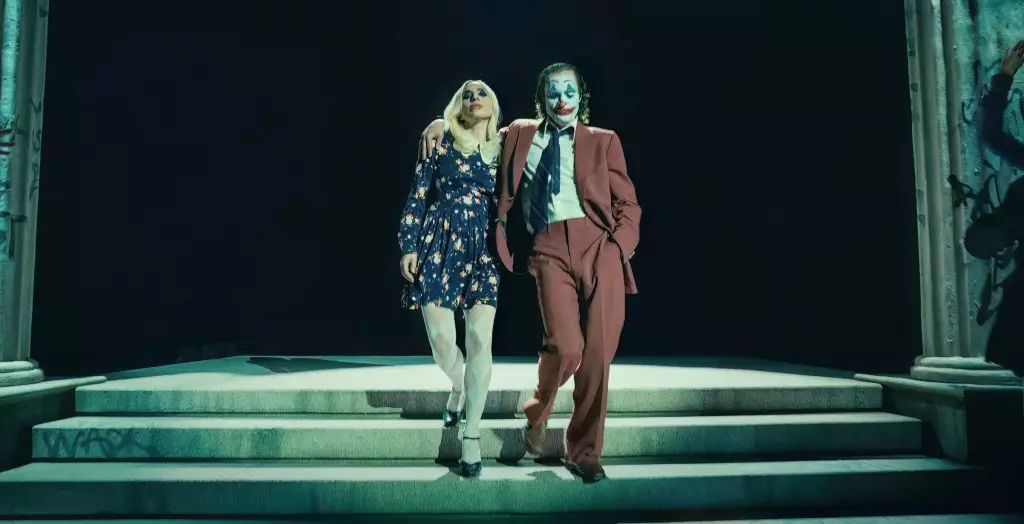The theatrical debut of “Joker: Folie à Deux” has sparked intense debate, showcasing how deeply subjective film appreciation can be. Despite its association with the acclaimed 2019 original “Joker,” the sequel finds itself at the center of criticism, including notable backlash from within its own cast. Particularly distinguishing this dialogue is comedian Tim Dillon’s scathing review, which frames the film as not just disappointing, but virtually unwatchable.
Dillon’s commentary reveals a disheartening perspective from someone involved in the production. Describing his experience as a guard in Arkham Asylum, he has publicly decried the sequel as the “worst film ever made.” This extreme disdain leads to questions about the creative direction of the film. Dillon articulates a theory that the filmmakers attempted to subvert the controversies arising from the first character study of anti-hero Arthur Fleck. This sequel, featuring the talents of Joaquin Phoenix and Lady Gaga, seems to be an unexpected pivot into musical territory, leaving Dillon and his co-stars perplexed and disenchanted.
A Shift in Themes
Critics have long drawn attention to the thematic undertones embedded within “Joker” and its complex portrayal of male rage and societal disconnection. Dillon speculates that the filmmakers responded to criticisms that labeled the first film as a vehicle for “incel” ideology, with media reactions focusing on the potential dangers of its messages. The result is a sequel that may have attempted to play it safe by shifting away from heavy psychological explorations into a surreal musical farce. The absurdity, as perceived by Dillon and others present, appears to compromise narrative coherence — driving home the point that it lacks a semblance of a compelling plot.
While the first installment soared past the billion-dollar mark and grabbed Academy Awards, “Folie à Deux” has notably struggled, earning only a fraction of its predecessor’s success at $204 million globally. This stark contrast raises concerns regarding audience reception and potential missteps in creative vision. Dillon is not alone in his criticism; other prominent figures such as director Paul Schrader and television host Bill Maher have voiced their disapproval, suggesting that this sequel may not resonate well with the general audience.
Interestingly, a contrast emerges when industry influencers weigh in on the film. Video game designer Hideo Kojima hints at a potential cult classic status for the sequel, suggesting that time may reshape how audiences perceive its artistic risks. Even more surprising is Quentin Tarantino’s enthusiastic endorsement, where he painted the film as an audacious response to Hollywood’s expectations. His comments highlight Phillips’ rebellious spirit, positioning him as an enigmatic provocateur who challenges both audience and industry.
As “Joker: Folie à Deux” continues to generate discourse, it stands as a testament to the evolving landscape of cinematic storytelling. While opinions diverge widely—from vehement condemnation to protective advocacy—what remains clear is that any film capable of igniting such passionate debates will inevitably carve out its place in film history, regardless of present accolades or failures. The future may yet redeem it, or perhaps it will be forever remembered as an audacious misstep.


Leave a Reply